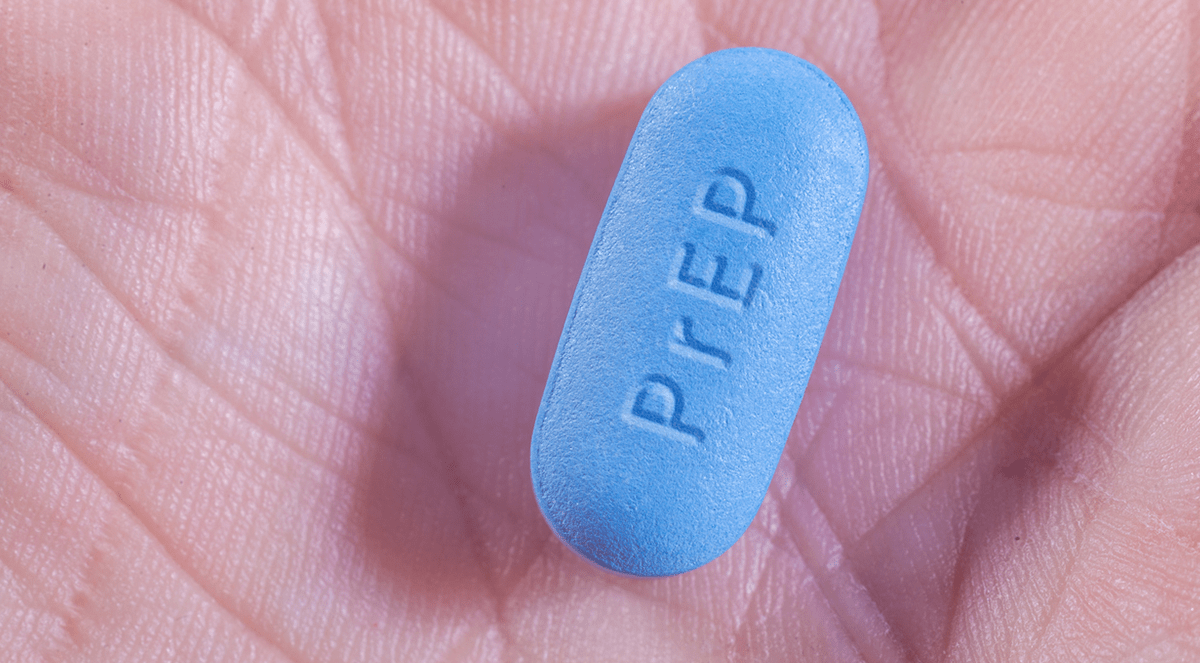Thinking about PrEP as a nine-step continuum of preventive care, researchers report.
In a new article in the journal AIDS, a Brown University-based team of researchers draws on their experience in providing and carefully studying PrEP programs to propose a new system for understanding and evaluating how PrEP is implemented in clinical practice. By viewing the process as a continuum with nine specific steps, they write, researchers and clinical providers can properly assess where patients might fall out of preventive care that can help them remain HIV-negative.
“It’s helpful to visualize PrEP care as a continuum, because patients can drop out at any point on this long continuum,” said Dr. Philip Chan, co-author of the paper, assistant professor of medicine at Brown’s Warren Alpert Medical School and an infectious disease physician at the Miriam Hospital, where he runs a PrEP program serving all of Rhode Island. “We are providing a framework for how we can identify and assist people who are at high risk for acquiring HIV to stay uninfected.”
In these early days of PrEP programs, physicians nationwide have found that it’s sometimes difficult to retain patients in care and ensure that they are keeping up with — or “adhering” — to their medicine, said lead author Amy Nunn, associate professor at the Brown University School of Public Health. In early academic trials of PrEP, adherence to the medication was promising, but outcomes in research studies are often different than in the grittier domain of real-world clinical settings.
Related Articles
- AIDS 2016: New Research Marks Important Step Forward In Understanding Real-World Use of PrEP
- New QI Intervention Aids Pain Management for Seniors in the ER
- New York clinic outlines how to improve uptake of PrEP by transgender people
- Microbicides Vaginal bacteria increase HIV susceptibility and may reduce PrEP effectiveness
“Important research trials and CDC-funded demonstration projects have proven PrEP was overwhelmingly effective in reducing HIV acquisition,” Nunn said. “But it’s time to move beyond research trials to implement and study how to scale PrEP in safety net and primary care settings, where it’s needed most. We propose an approach based on our experiences providing PrEP to people in real-world clinical settings that helps us evaluate how to measure population progress.”
In a study last year analyzing the progress of clinical programs in cities in Rhode Island, Mississippi and Missouri, Nunn, Chan and colleagues found that among patients who sign up to begin PrEP, only about 60 percent remained in care after six months.


